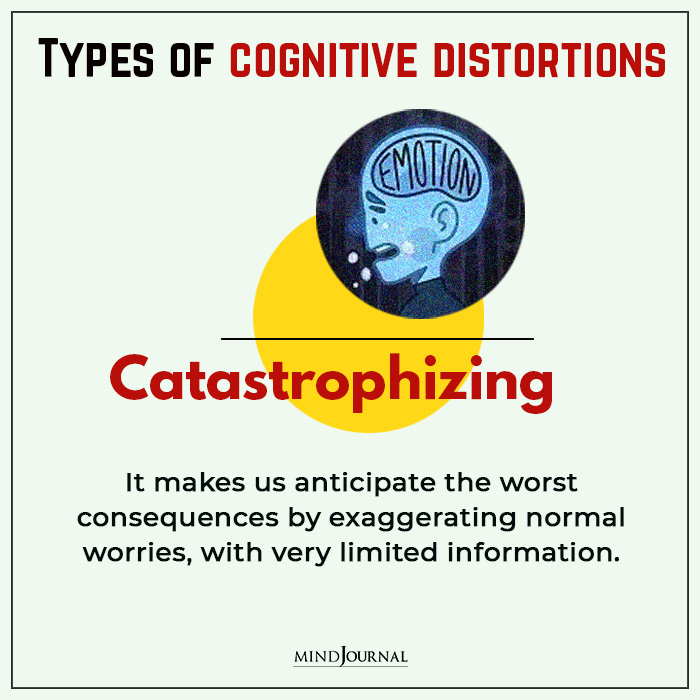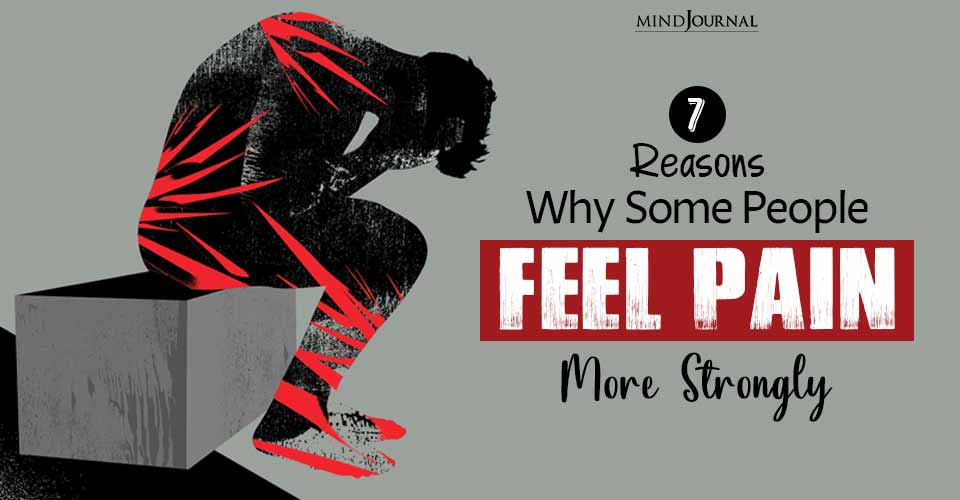Feeling pain is natural as a human being. However, do some people feel pain more? Sometimes, some people’s perception of pain is stronger compared to others. Why do some people feel pain more than others?
Key Points
- People feel pain because of how the brain interprets input transmitted to it from all of the senses.
- There are significant individual differences in perceptions of pain.
- Listening to music has the ability to reduce one’s perception of pain.
Pain has a protective role. Because of pain, we can receive warnings that trigger our reflexes to escape potential danger. Like hunger and thirst, pain motivates us to come up with an action plan to get rid of it.
All pain is real, no matter what is causing it, and most pain has a pathological origin. Yet pain can also be associated with emotional, cognitive, and social components.
There are significant differences in the perception of pain between people. Pain also varies in the same individual, depending on the circumstances. These factors may help explain why one person’s experience of pain can differ from someone else’s.
Related: How Your Emotions Are Causing You Physical Pain, Science Explains
Perception Of Pain: 7 Reasons Why Some People Feel Pain More Strongly
1. Fear of pain
Fear and anxiety about pain may account for a good deal of individual variations in how much pain we feel. The typical emotional reaction to pain includes anxiety, fear, and frustration.
When in pain, we frequently experience thought intrusions of “what if” possibilities (“What if my abdominal pain is a sign of a serious illness?”). The anxiety of pain is generated by the unknown and grows worse as the pain persists.
On the other hand, pain can be lessened when we feel safe. For example, a patient experiencing severe pain at home may experience lesser pain upon entering the emergency room.

2. Attention to pain
An important function of pain is to demand attention. Paying close attention to the pain sensations may increase pain intensity.
The process begins when pain interrupts the person’s attention and forces them to focus on their body. The pain is then judged as a threat, which makes them more vigilant and urges them toward addressing the injury.
Attention distraction from pain is one of the most used strategies for managing pain. Because you can only attend to only one thing at a time.
For example, people who are injured in the heat of sports competitions, or in battle, often don’t notice their injury until the action stops. Injections are less painful when we don’t watch them.
Related: Understanding the Psychology of Chronic Physical Pain
3. Interpretation
Once the pain stimulus has been attended to, cognitive processes are used to interpret what it means. Cognitive processes are central in explaining why we sometimes experience mild pain as severe pain, or a serious injury involving little or no pain.
For example, one might interpret a bad stomachache as stomach cancer rather than just the result of lactose intolerance and an ill-advised piece of pizza.
In essence, the person imagines the worst possible result that could happen (pain catastrophizing). Thus, catastrophizing may be an important target for treatment.
4. Pain avoidance
Pain avoidance stems from the fear of pain. Pain avoidance can be beneficial at first, as it can help the healing process. But it can quickly go from bad to worse. The avoidance behavior, in turn, leads to more avoidance, and ultimately more pain.
Like classical conditioning, when a person is injured, they begin to associate the injury with the activity that caused it, and they will avoid that activity. For example, if you hurt your back doing a yoga pose, you may start avoiding yoga entirely, or even all sports.
Pain avoidance comes at the expense of reduced life enjoyment. Exposure therapy or exposing patients to activities they’ve been avoiding because of pain has been shown to be helpful.

5. Expectations
The subjective experience of pain is largely shaped by our expectations. Sometimes this can result in a self-fulfilling prophecy where people experience what they expect will happen, even in the face of contrary evidence.
That is why placebos are so effective—in fact, a placebo is an effective pain therapy without any side effects. The placebos are effective because people believe in them.
Related: 10 Types Of Physical Pain Indicating Emotional Problems
6. The effect of love
The emotion of love can also reduce pain perception. Love, like safety, can ease the pain.
For example, research shows that pain is reduced when partners hold hands. People who spend a greater portion of their day thinking about a romantic partner experience more pain reduction.
7. Music and pain perception
Music can be a powerful factor in alleviating pain. Music activates reward regions of the brain that overlap with pain relief centers.
Music that expresses joy triggers positive memories and can affect mood and the ability to handle pain. Listening to pleasant music can also make time go faster.
Related: 12 Types Of Body Pain That Are Linked To Emotions and Mental State
In short, music distracts from pain and elevates mood. Because anxiety is frequently related to increased pain perception, relaxing music can reduce pain perception. Your preference matters; if you don’t care for classical music, it could have the opposite effect.
Written By Shahram Heshmat Originally Appeared On Psychology Today










Leave a Reply